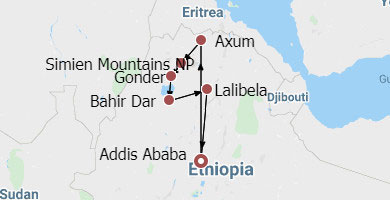Things to Know Before Exploring Africa
Basic Facts
Name: Africa
Area: 30,370,000 sq km (11,730,000 sq mi)
Location: Eastern Hemisphere
Population: 1.29 billion (2020)
Population density: 42.5/sq km (110/sq mi)
Languages: Arabic, English, French
Time zones: UTC-1 to UTC+4
Number of countries: 60
Main countries: Egypt, South Africa, Kenya, Morocco, Nigeria, Ethiopia, Tanzania, Madagascar, Mauritius, Namibia…
Largest cities: Cairo, Lagos, Kinshasa, Johannesburg, Luanda, Khartoum, Dar es Salaam, Abidjan, Alexandria, Nairobi, Algiers, Cape Town, Durban, Dakar…
-
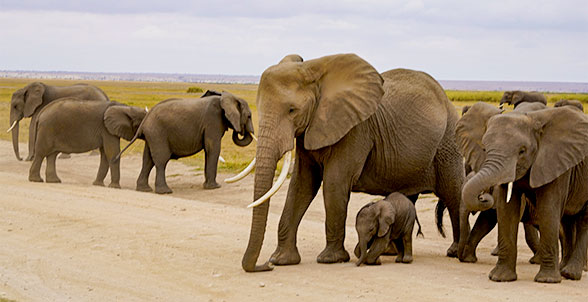
Serengeti National Park, Tanzania
-
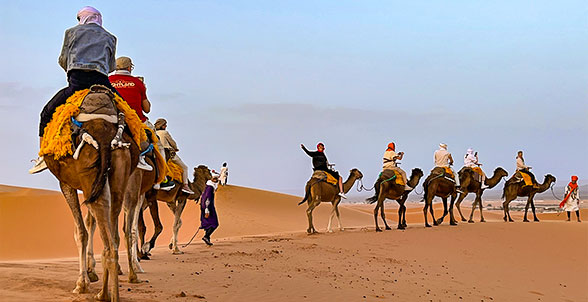
Sahara Desert
-
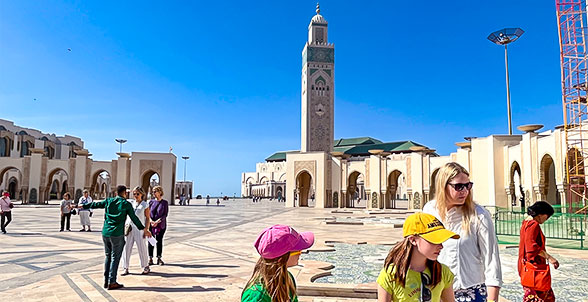
Hassan II Mosque, Morocco
Where is Africa?
Africa is located in the western part of the eastern hemisphere, to the south of Europe, and west of Asia. It faces the Atlantic Ocean on the west, the Indian Ocean on the east, Europe across the Mediterranean Sea in the north, and having Cape of Good Hope on its southern tip. Stretching from north to south of the equator, Africa accounts for 20.4% of the world's total land area. It is the world's second largest continent and the second most populated continent. It can generally divided into the North Africa and the sub-Saharan areas including East, West, Central, and South Africa.
Best Time to Visit
The African continent owns vast plateau, and also desert, which accounts for one third of its land area, making it the continent with the largest desert area. The climate of Africa mainly features tropical desert climate, savanna climate, and tropical rainforest climate.
Generally speaking, winter time from May to October is relatively dry and suitable for traveling. It's the best time of year to see wildlife. The best time to see the great wildebeest migration in Kenya is from July to September, while from May to August, you can go whale watching in the Seychelles or Madagascar.
It is suggested to avoid the rainy season in Africa, which is usually from November to April. January and February are the hottest, and also the hurricane season. However, the rainy season is a good time to go bird-watching in Kenya and Zambia. Madagascar's best season to visit is also the rainy season, especially from January to March.
Watch the Most Spectacular Animal Migration on Earth
In Africa, a journey changes to a safari, especially on its endless grassland. When many people think of Africa, they actually think of Tanzania. The image that most people have of Africa is actually the image that they have of the Serengeti. Every June, the grass on the Tanzanian Savannah is thinning. Millions of wildebeests, along with hundreds of thousands of zebras and antelopes, travel more than 3,000 kilometers north from Tanzania's Serengeti Reserve to Kenya's Masai Mara National Park in search of food. The Great Migration of East African Animals is on show, with killings and survivals, as well as joys and sorrows of the wildlife.
There are many other national parks in Africa where you can see wildlife, such as Kruger National Park in South Africa, Etosha National Park in Namibia, Kalahari Wildlife Reserve and Okavango Delta in Botswana, and Ngorongoro Volcano Reserve in Tanzania. There you can watch the Big Five including the African lion, elephant, black rhinoceros, leopard and buffalo, as well as various other lively creatures like giraffe, hyenas, crocodiles, and baboons.
Safari into the World's Largest Sahara Desert
The Sahara Desert in the north of Africa is the largest desert in the world, covering an area of 9.32 million square kilometers, and accounting for about one third of the entire area of the continent. The climate there is very harsh, hot and dry, making it one of the most inhospitable places for life on earth. Confusingly, however, many ancient murals and historical sites have been found, proving that ancient civilizations could once have flourished in the desert. Morocco and Egypt are both good places to explore the Sahara Desert. You can join a half-day or one-day camel ride safari to the desert.
Explore Ancient Civilization in Egypt
The Nile valley in Africa is one of the cradles of the world's ancient civilization, and Egypt in the lower reaches of the Nile is the birthplace of one of the four ancient civilizations in the world. Its Giza Pyramids and the Sphinx are wonders in the architecture history. The mysterious Valley of the Kings is a stunning display of the extreme luxury of ancient Egyptian royal tombs. Cruising along the Nile to explore Cairo, Aswan, Abu Simbel, Kom Ombo, Edfu, and Luxor, you'll feel the essence of Egypt's ancient culture.
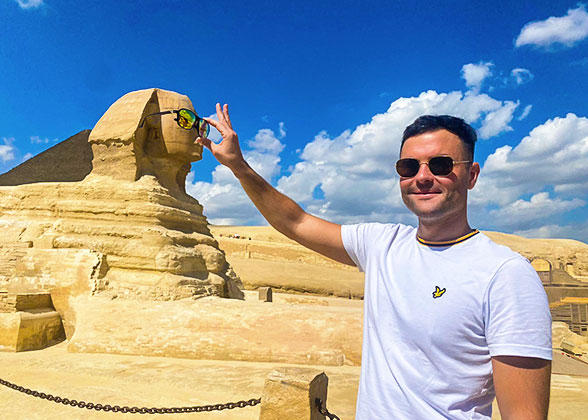 Egypt Heritage and Red Sea10 Days Cairo - Aswan - Nile Cruise - Abu Simbel - Kom Ombo - Edfu - Luxor - Hurghada - Cairo from USD2609 USD2295
Egypt Heritage and Red Sea10 Days Cairo - Aswan - Nile Cruise - Abu Simbel - Kom Ombo - Edfu - Luxor - Hurghada - Cairo from USD2609 USD2295
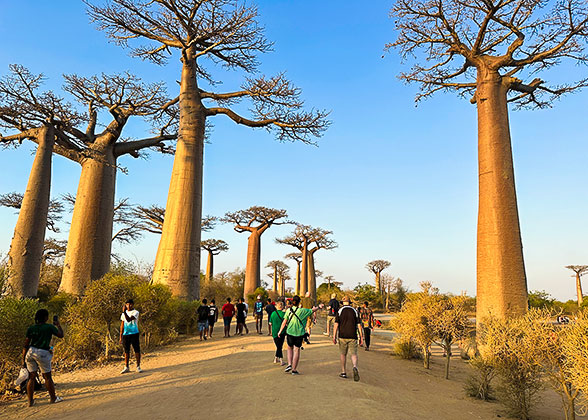 Best Madagascar Tour: Baobab & Tsingy9 Days Antananarivo - Morondava - Kirindy - Bekopaka - Antananarivo - Andasibe - Antananarivo from USD2779 USD2445
Best Madagascar Tour: Baobab & Tsingy9 Days Antananarivo - Morondava - Kirindy - Bekopaka - Antananarivo - Andasibe - Antananarivo from USD2779 USD2445
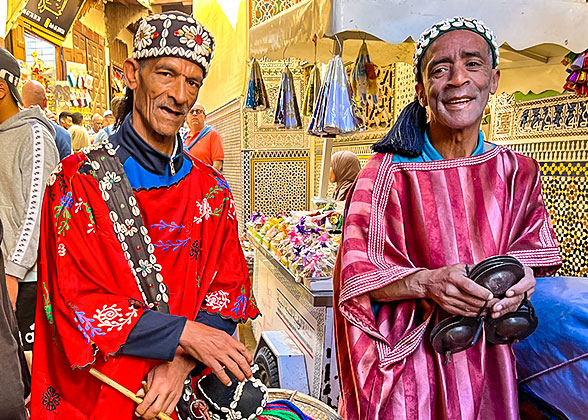 Best of Morocco with Sahara Desert9 Days Casablanca - Rabat - Meknes - Fez - Midelt - Merzouga - Todra Gorges - Skoura - Ouarzazate - Marrakech from USD1939 USD1706
Best of Morocco with Sahara Desert9 Days Casablanca - Rabat - Meknes - Fez - Midelt - Merzouga - Todra Gorges - Skoura - Ouarzazate - Marrakech from USD1939 USD1706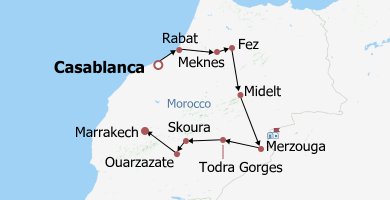
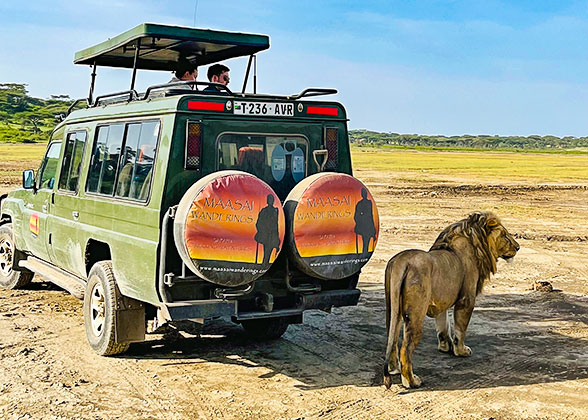 Best Kenya Safari Tour7 Days Nairobi - Lake Nakuru - Masai Mara National Reserve - Nairobi from USD2329 USD2049
Best Kenya Safari Tour7 Days Nairobi - Lake Nakuru - Masai Mara National Reserve - Nairobi from USD2329 USD2049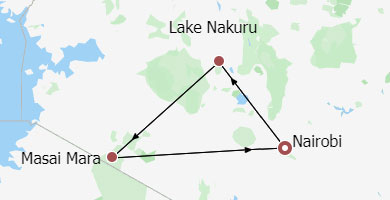
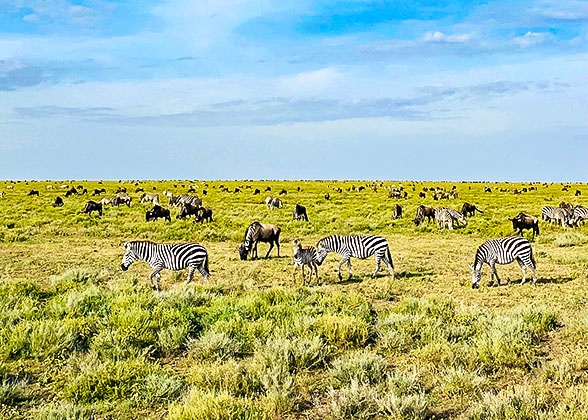 Tanzania Safari Tours7 Days Safari of Tarangire - Lake Manyara - Serengeti - Ngorongoro Crater from USD3749 USD3299
Tanzania Safari Tours7 Days Safari of Tarangire - Lake Manyara - Serengeti - Ngorongoro Crater from USD3749 USD3299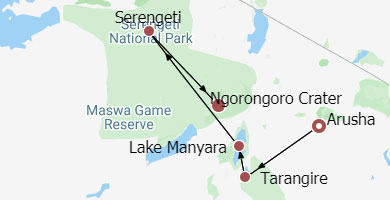
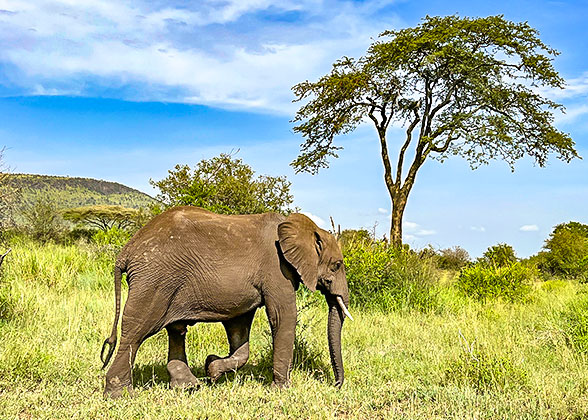 South Africa Discovery14 Days Cape Town - Garden Route - Port Elizabeth - Johannesburg - Kruger National Park - Johannesburg from USD5769 USD5076
South Africa Discovery14 Days Cape Town - Garden Route - Port Elizabeth - Johannesburg - Kruger National Park - Johannesburg from USD5769 USD5076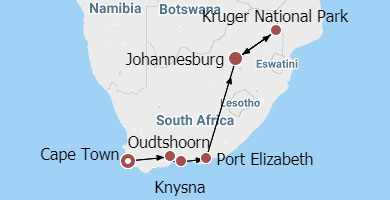
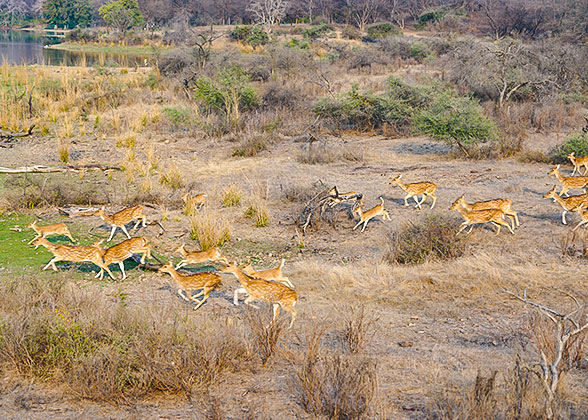 Botswana Safari Tour12 Days Maun - Okavango Delta - Moremi Game Reserve - Khwai - Savuti - Chobe National Park - Kasane from USD9029 USD7945
Botswana Safari Tour12 Days Maun - Okavango Delta - Moremi Game Reserve - Khwai - Savuti - Chobe National Park - Kasane from USD9029 USD7945
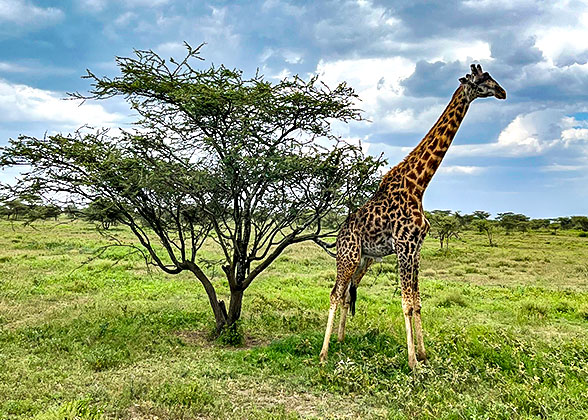 Best of Namibia8 Days Windhoek - Sossusvlei - Swakopmund - Twyfelfontein - Etosha NP - Windhoek from USD2969 USD2612
Best of Namibia8 Days Windhoek - Sossusvlei - Swakopmund - Twyfelfontein - Etosha NP - Windhoek from USD2969 USD2612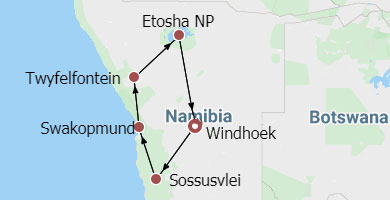
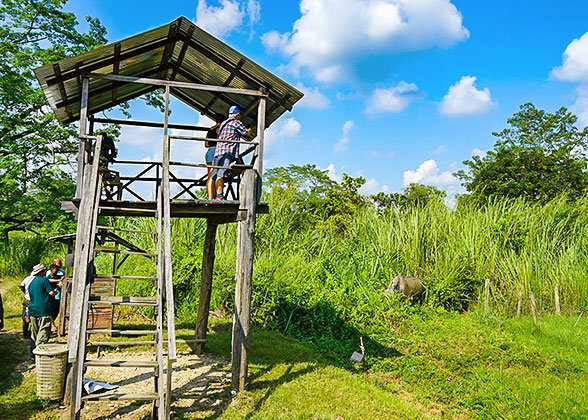 Ethiopia Safari Trip11 Days Addis Ababa - Axum - Simien Mountains NP - Gonder - Bahir Dar - Lalibela - Addis Ababa from USD1969 USD1732
Ethiopia Safari Trip11 Days Addis Ababa - Axum - Simien Mountains NP - Gonder - Bahir Dar - Lalibela - Addis Ababa from USD1969 USD1732